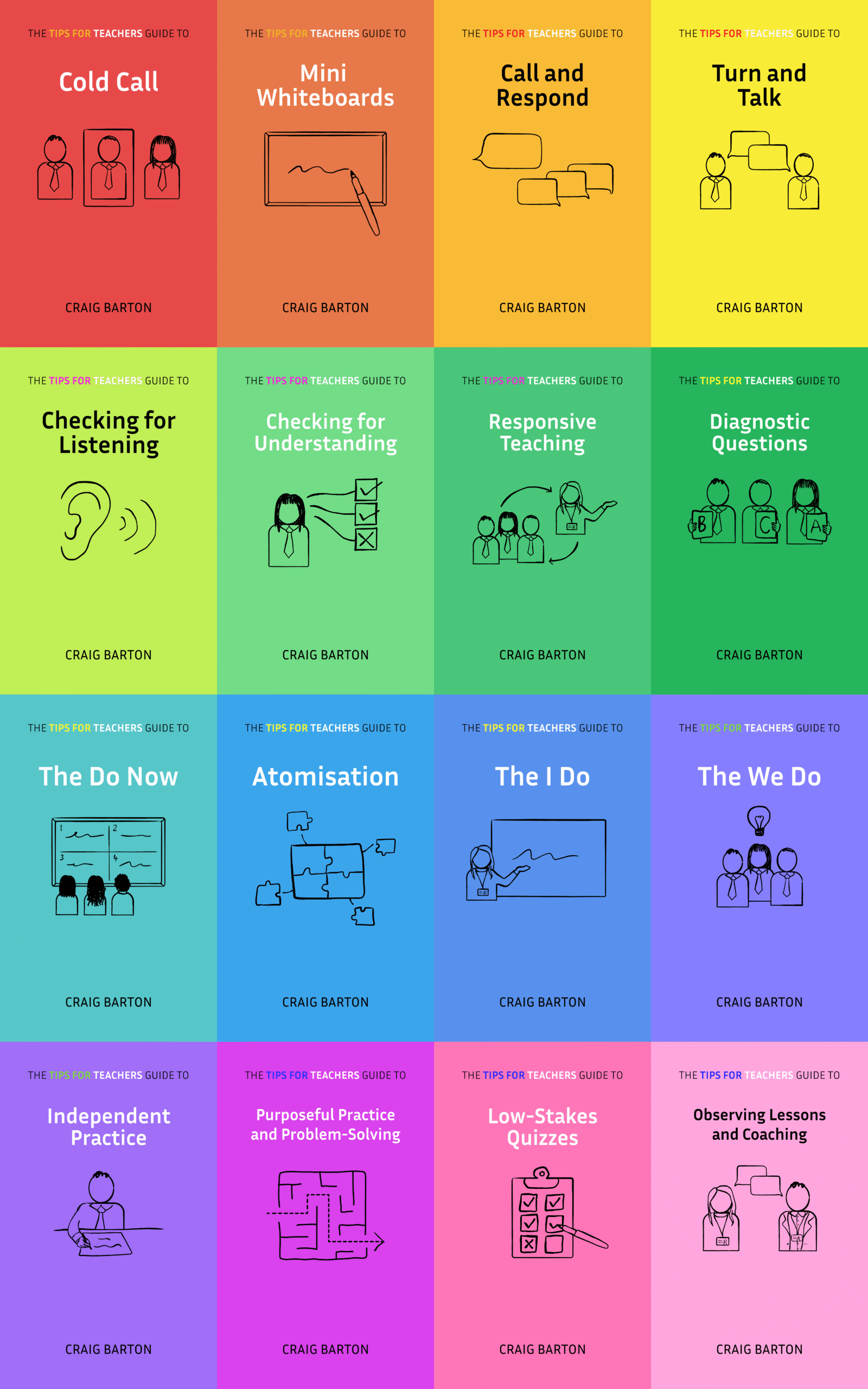
- Title: Prior knowledge activation as preparation prior to instruction: does the coverage of relevant prior knowledge affect learning?
- Authors: Charleen Brand, Katharina Loibl & Nikol Rummel
- Access the original paper here
- Listen to a deep-dive podcast:
- Watch a summary video:
Paper summary
This research investigates how activating prior knowledge prepares secondary school students for learning new concepts within two-phase instructional designs like Productive Failure (PF) and Vicarious Failure (VF). The study specifically explores whether the breadth of relevant prior knowledge activated impacts subsequent learning by manipulating the coverage of conceptual components students encounter in preparatory solution attempts. While the manipulation successfully prompted different levels of knowledge activation, the findings suggest that activating some relevant knowledge is sufficient for preparation, even if it doesn’t encompass all aspects of the target concept, benefiting students across all levels of initial prior knowledge. The paper also provides evidence that intermediate knowledge, formed after the preparatory phase, plays a crucial role in linking prior activation to conceptual learning.
If teachers remember one thing from this study, it should be…
Activating some relevant prior knowledge before instruction is beneficial for students of all levels of prior knowledge. It’s not necessary for students to activate all conceptual components of a new concept; rather, aim for the right balance of relevant activation.
***Paper Deep Dive***
What are the key technical terms used in the paper?
HiCov and LoCov denote high or low coverage of conceptual components in studied solutions, respectively.
Two-phase instructional designs (e.g., Productive Failure (PF) and Vicarious Failure (VF)) involve preparatory activities before explicit instruction. PF involves generating, while VF involves studying, erroneous solutions.
Prior knowledge activation is retrieving relevant knowledge from long-term memory.
Relevant prior knowledge activation specifically relates to the conceptual components of the new concept.
Conceptual components are building blocks of the target knowledge.
Intermediate knowledge is the knowledge state after the preparatory phase, comprising activated prior knowledge embedded in encoded solution attempts, preparing students for instruction.
What are the characteristics of the participants in the study?
The study participants were 165 secondary school students. Their average age was 16.53 years, with 62.4% identifying as female and 37.6% as male. Participants’ prior knowledge, mathematical ability (assessed by school grades), and mathematical self-concept were measured as control variables.
What does this paper add to the current field of research?
This paper provides first causal empirical evidence on the conditions under which intermediate knowledge facilitates students’ learning from instruction. It offers initial evidence that prior knowledge activation becomes visible in intermediate knowledge. Crucially, it shows that activating some relevant prior knowledge is sufficient, not necessarily covering all conceptual components, benefiting students of all prior knowledge levels.
What are the key implications for teachers in the classroom?
For teachers in the classroom, the key implication from this study is that activating some relevant prior knowledge before instruction is highly beneficial for students, regardless of their existing knowledge levels.
Here’s how this translates into practice:
- Employ preparatory activities: Incorporate “two-phase instructional designs” like Vicarious Failure (VF) or Productive Failure (PF). This means having students engage in activities before explicit instruction.
- For example, you could have students study other students’ erroneous solution attempts (VF), or even generate their own attempts (PF). The study primarily used VF by having students watch videos of incomplete or erroneous solutions.
- Focus on relevant, not necessarily exhaustive, prior knowledge: You don’t need students to activate knowledge covering all conceptual components of a new concept. Activating some relevant knowledge is sufficient to prepare them for subsequent instruction.
- The aim is to strike the right balance: too little activation might leave students unprepared, while attempting to activate too much could be overwhelming.
- Benefit all students: This approach is beneficial for students of all levels of prior knowledge, including those with lower prior knowledge. This counters previous notions that such methods might only help high-achieving students.
- Leverage explicit instruction as feedback: The subsequent explicit instruction plays a crucial role as “delayed feedback”. It helps students process and integrate new information by comparing and contrasting their activated (and potentially erroneous) prior knowledge with the canonical solution. This instruction provides the necessary consolidation for final knowledge integration, even if the initial activation was incomplete.
In essence, teachers should guide students to engage with the problem space in a way that retrieves and surfaces some foundational ideas related to the new concept, creating “intermediate knowledge” that serves as an anchor for more effective learning when the formal instruction is provided.
Why might teachers exercise caution before applying these findings in their classroom?
Teachers should exercise caution as the study’s dependent variable had a skewed distribution, potentially obscuring true effects. The narrow definition of “relevant prior knowledge” might limit the generalizability of findings to broader contexts. Additionally, the experimental conditions’ differences might have been too small, as both included crucial prerequisite components, possibly yielding similar outcomes. Uncaptured or unprompted knowledge activation also remains a possibility.
What is a single quote that summarises the key findings from the paper?
Activating some relevant knowledge can prepare students for subsequent instruction and benefit students of all levels of prior knowledge








